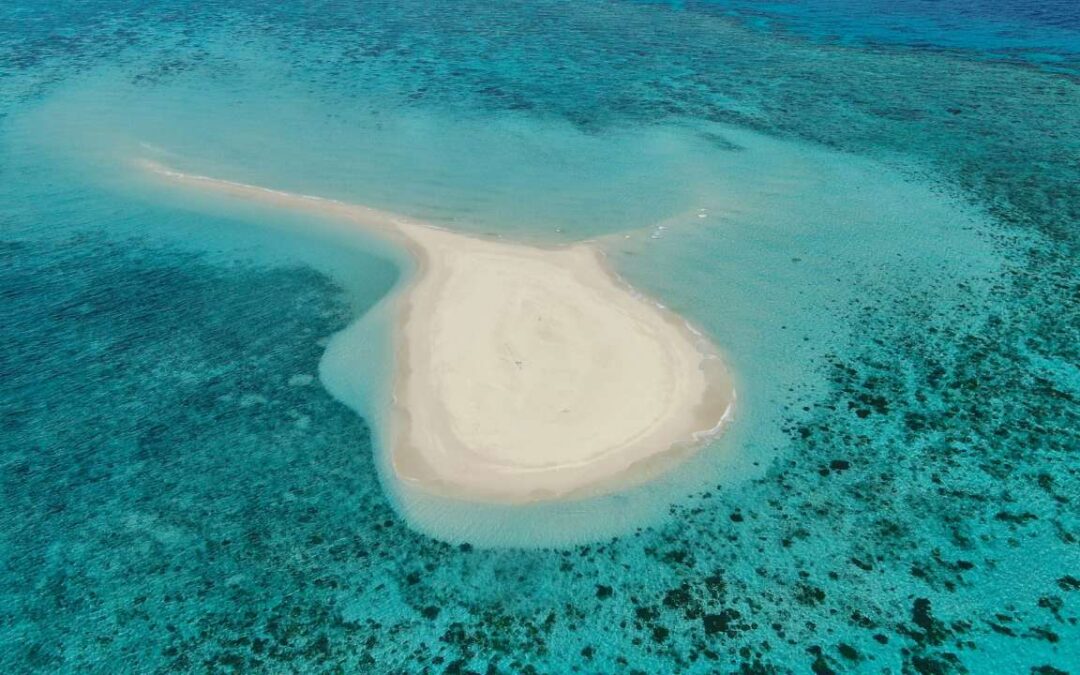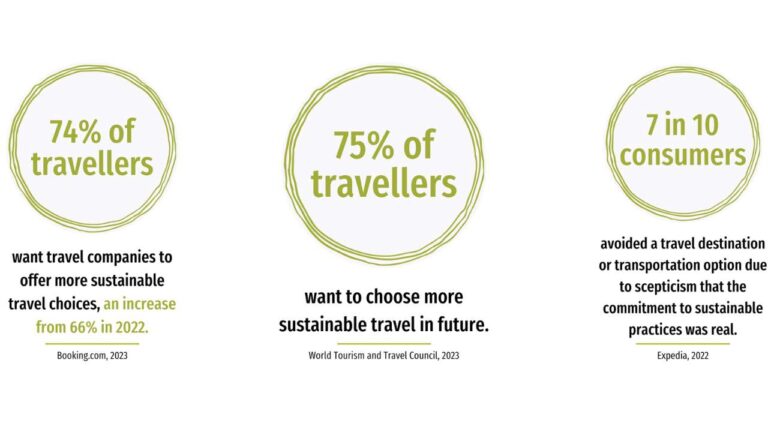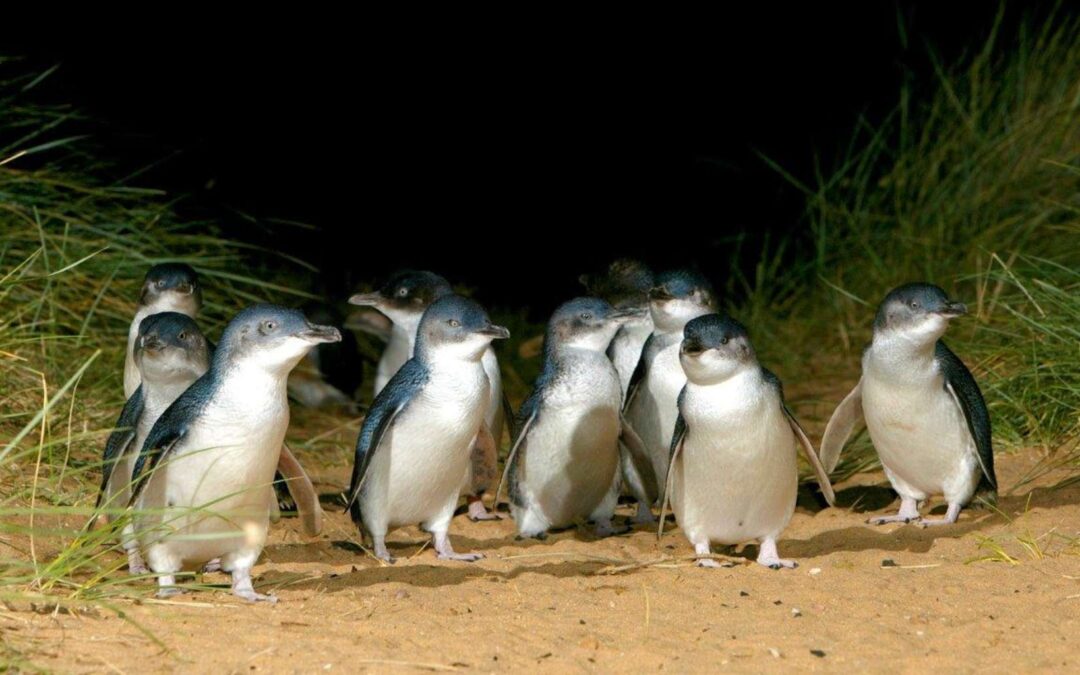
The Four Pillars of Sustainability: A Key to Starting Your Sustainability Journey
A genuine commitment to sustainable tourism is both the biggest challenge and most significant opportunity for Australia and the 60,000 operators working across the industry. More than a “buzzword”, demonstrating a commitment to sustainable and responsible tourism is now vital to travellers, local communities and tourism operators themselves.
The United Nations Environment Programme (UNEP) and United Nations World Tourism Organization (UNWTO) describe sustainable tourism as, “Tourism that takes full account of its current and future economic, social and environmental impacts, addressing the needs of visitors, the industry, the environment and host communities.” Sustainable tourism is concerned with all the activities that are conducted by and in the tourism industry.
Taking appropriate action to minimise negative and maximise positive impacts is the key to sustainable activities. As Jochen Zeitz says, “Sustainability is no longer about doing less harm. It’s about doing more good.”
The Sustainable Tourism Landscape
Travellers across the world and the local industry recognise that sustainability is no longer about ‘why’ but ‘when’, and increasingly more research reveals a rapid and tremendous change in consumer demand. Booking.com’s 2023 Sustainable Travel Report revealed that 74% of people want travel companies to offer more sustainable travel choices, an increase from 66% a year ago. The World Tourism and Travel Council also found that 75% of travellers want to choose more sustainable travel in the future.
Travellers are willing to sacrifice some conveniences to make their trip more sustainable. An Expedia report uncovered that 90% of travellers are searching for sustainable options, and seven in 10 consumers avoided a travel destination or transportation option due to scepticism that the commitment to sustainable practices was real.
For travellers, sustainability is not just a nice-to-have, but an expectation from businesses when searching for holiday experiences that align with their values.
However, finding the right path to tourism sustainability has proven confusing for many businesses. In a survey of 180 travel and tourism businesses of all sizes, the World Travel and Tourism Council found that the largest challenges to implementing sustainability for businesses were resourcing, cost, and a lack of clear targets or measurements of success. For tourists, Booking.com found that 44% of travellers don’t know where to find sustainable travel options.

Statistics Sustainable Travel
Chief Executive of Ecotourism Australia, Ms Elissa Keenan, notes, “As demand increases, and businesses become gradually more aware of sustainability, Australia must do more to meet global targets and bring the entire industry along for the journey. Operators need credible and accessible tools to help both industry and travellers identify sustainable experiences.”
Businesses, industry and government need a clear global and national agenda to support the UN 2030 Agenda for Sustainable Development and THRIVE 2030, Australia’s national strategy for the long-term sustainable growth of the visitor economy.
Ms Keenan continues, “Australia is iconic and seen as a nature-based, sustainable destination. But we are at risk of falling behind, particularly against key global competitors.”
Defining Sustainability
As Peter F. Drucker said, “You can’t manage what you don’t measure.” The Global Sustainable Tourism Council criteria, which serves as the global standard in sustainable travel, requires tourism businesses to manage impacts across four pillars of sustainability: sustainable management, socio-economic impact, cultural impacts and environmental impacts.
Sustainable Management
Sustainable management requires a holistic and realistic vision for long-term sustainability. It includes the maintenance of environmental, social, cultural, economic, accessibility, risk and crisis management practices. It is about strong business and people processes and ongoing sustainable financial management – businesses cannot be green if they are in the red.
The tourism industry is fluid and ever-changing. In the event that a business comes under new management, the processes and strategies already documented ensure the business can continue implementing sustainable practices. Sustainability can also save your business money. Actions like reducing your energy consumption will save company dollars that can be put toward increasing customer value and creating high-quality experiences – it makes good business sense!
A strong business plan also prepares businesses for the potential impact of sudden crises. Climate change is exacerbating the effects of natural disasters, particularly for nature tourism operators. Tourism is among the first industries to suffer when met with global crises. Incorporating crisis recovery in sustainable management plans makes businesses and destinations more resilient to disaster, and thus more sustainable. The recently certified, and bushfire-affected Blue Mountains in New South Wales and East Gippsland in Victoria both demonstrated this through a partnership with Ecotourism Australia and WWF-Australia. The ECO Destination Certification helped to ‘build back better’ and set up more sustainable and resilient systems. East Gippsland is Victoria’s first ECO Destination.
Socio-economic Impacts
Socio-economic sustainability ensures local communities receive maximum economic and social benefits from tourism activity. It makes communities more resilient, and travellers appreciate their dollars are going back into the local area. American Express found in their 2023 Global Travel Trends Report that 69% of travellers surveyed would be willing to spend more on holiday if they knew it supported the local community, and 51% agree that they value financially supporting local businesses while travelling.
Measuring and monitoring positive contributions to the community also minimises and addresses any potential negative impacts from tourism such as over-tourism and peak periods. As we know, sustainable tourism is no longer just about minimising negative impacts, but actively giving back and benefiting the community in a region.
Inclusiveness, including accessibility considerations, are not typically thought to be associated with sustainable tourism, but are a crucial component of socio-economic sustainability. The tourism industry is increasingly embracing accessible tourism opportunities, which generated $3.3 billion and amounted to 17% of all tourism expenditure in 2019. Queensland has named 2023 the Year of Accessible Tourism and grant opportunities are increasingly available nationally for operators to create inclusive experiences and expand their target markets.
Cultural Impacts
Tourism representatives, businesses and travellers across Australia work, live and travel on land belonging to Aboriginal and Torres Strait Islander peoples. For travellers, authentic First Nations tourism experiences are transformative, bringing them closer to the oldest continuous living culture in the world by broadening understanding of and appreciation for culture and tradition. It helps to keep First Nations stories and history alive through captivating storytelling while fostering a deep connection to place for travellers.
The United Nations World Tourism Organisation (UNWTO) states on cultural tourism that, “Tourism policies and activities should be conducted with respect for the artistic, archaeological and cultural heritage, which they should protect and pass on to future generations.” For non-Indigenous-owned businesses, it is essential to facilitate meaningful and authentic education, respectfully and collaboratively, about First Nations history and the significance of Country, to ensure culture and tradition are respected in your operations.
Cultural sustainability extends to creating an inclusive environment for travellers and tourism employees to safely practice and express culture. This increases opportunities for travellers to book with you and facilitates an experience where customers feel valued and respected.
Ecotourism Australia’s Respecting Our Culture (ROC) certification is an add-on program to ECO Certification. It demonstrates that businesses operate in ways that respect and reinforce Indigenous cultural heritage and the living cultures of Indigenous communities. It is designed for businesses to show their commitment to their local Indigenous communities.
Environmental Impacts
Australia’s incredibly unique rainforests, deserts and reef ecosystems are major drawcards for domestic and international tourists, and it is paramount we do what we can to protect it. Environmental sustainability means that the needs of the current population are met without depleting resources. Visitors expect us to value and protect our natural environment for generations to come.
Organisations like the Coral Nurture Program have partnered exclusively with Ecotourism Australia certified operators on the Great Barrier Reef to combine resources to plant over 85,000 corals to date. Other passionate tourism enterprises dedicate their entire profits to conservation. ECO certified Wildlife Wonders in Victoria donate all profits to supporting critical research and on-ground projects by the Conservation Ecology Centre.
Several of Ecotourism Australia’s ECO certified Destinations have set net zero targets, for their council operations and for the entire community, including Bundaberg (QLD), Blue Mountains (NSW) and Augusta-Margaret River (WA). ECO Destination Certification is a way for the council and its key stakeholders, like the regional tourism organisation, to demonstrate leadership and make region-wide action towards a sustainable future for their community and tourism destination.
No matter your contribution, big or small, monetary or in-kind, collaboration is key to protecting the environment and reducing negative impact while you operate.
Implementing sustainability
Across Australia, there are close to 1,800 experiences certified by Ecotourism Australia, many of which are delivered by small to medium enterprises. Ecotourism Australia’s legacy program, ECO Certification, is the first national ecotourism certification program in the world. Certifications such as this verify a business’ continuous commitment to sustainable tourism practices which travellers can find on the Green Travel Guide.
Some ECO certified operators have maintained their certification for more than 20 years, continuing to meet global best practice sustainability standards, even as they are updated overtime. These businesses have paved the way and are leaders for ecotourism across Australia, but it’s not too late for your business to start its sustainability journey.
Putting sustainability intentions into action, using the four pillars of sustainability, means moving away from self-measured evaluations. Industry leader Accor Pacific has made the ground-breaking decision to move away from self-assessed sustainability and toward third-party verification of their practices through Ecotourism Australia’s Sustainable Tourism Certification program. Their goal is to see all Accor hotels, apartments and resorts across Australia and the Pacific certified through this globally recognised program.
Ms Keenan said, “Seeking global best standard sustainability benchmarking through Ecotourism Australia, the peak body for sustainable tourism, is commendable. It helps tourists decipher genuine sustainability initiatives from businesses that still use ‘sustainable’ and ‘eco’ as buzzwords to attract visitors.”
But we understand that meeting rigorous global best practice sustainability criteria can be an intimidating first step in many businesses’ sustainability journey. That’s why we developed the pre-certification program, the Strive 4 Sustainability Scorecard, with support from founding partner Tourism Australia. The Strive 4 Sustainability Scorecard demystifies what it means to strive for tourism sustainability by providing a personalised snapshot report on your current sustainability practices. It is based on the four pillars of sustainability and takes under a day to complete. At the end of the process, businesses will receive a total score out of 100 and a breakdown of how they scored for each of the above pillars of sustainability.
Increasingly, consumers can identify products and businesses that align with their values. Leading companies are making sustainable tourism information more accessible, including Australian Tourism Data Warehouse (ATDW) and Big Red Group, which includes experience platforms Adrenaline, Experience Oz, and RedBalloon. These companies are elevating a sustainable tourism pathway by displaying when businesses have achieved 50% or more on their Strive 4 Sustainability Scorecard or have completed one of Ecotourism Australia’s global best practice sustainability ECO or Sustainable Tourism Certifications.
We are moving beyond sustainability as a trend. Travellers want authenticity and are seeking businesses that share their values, for the planet, community, and culture.






